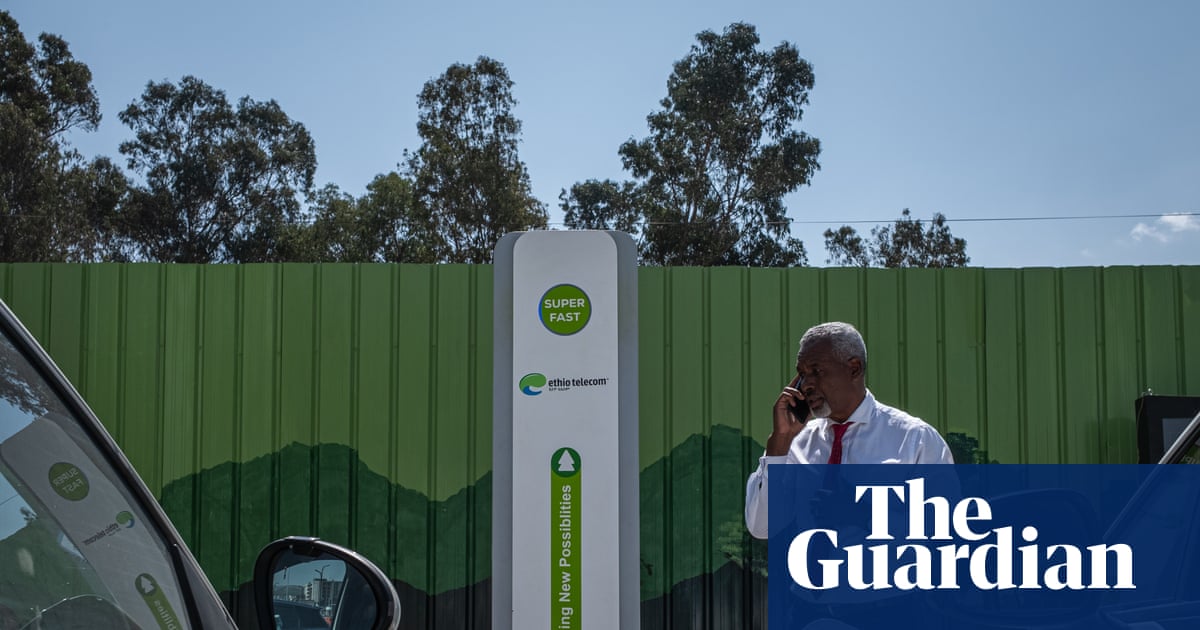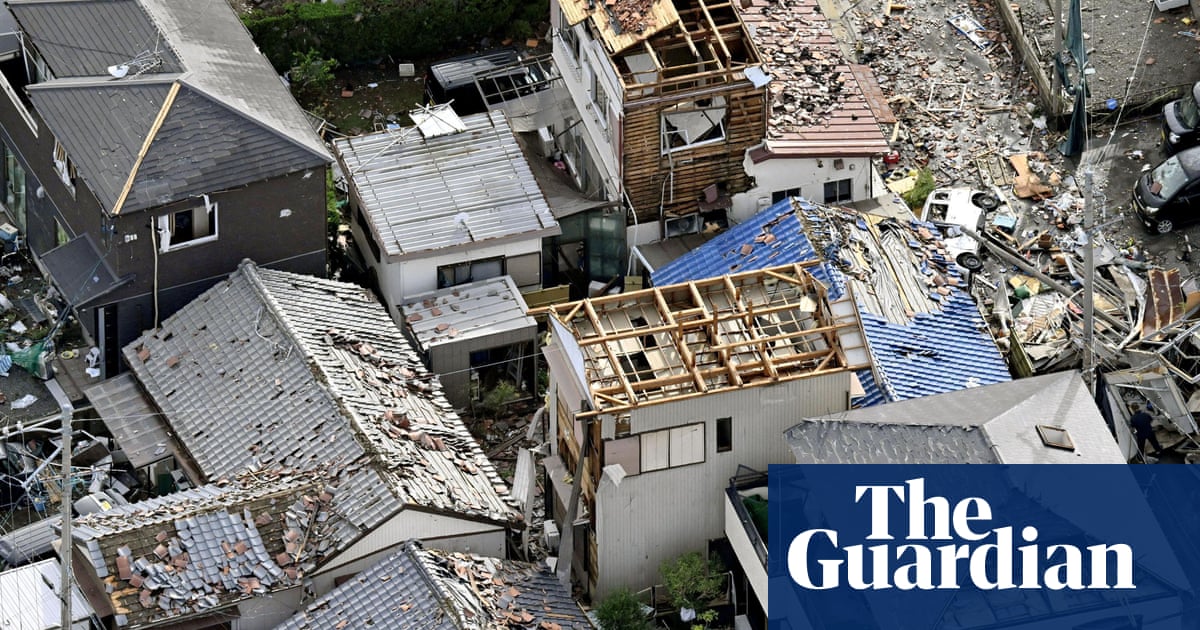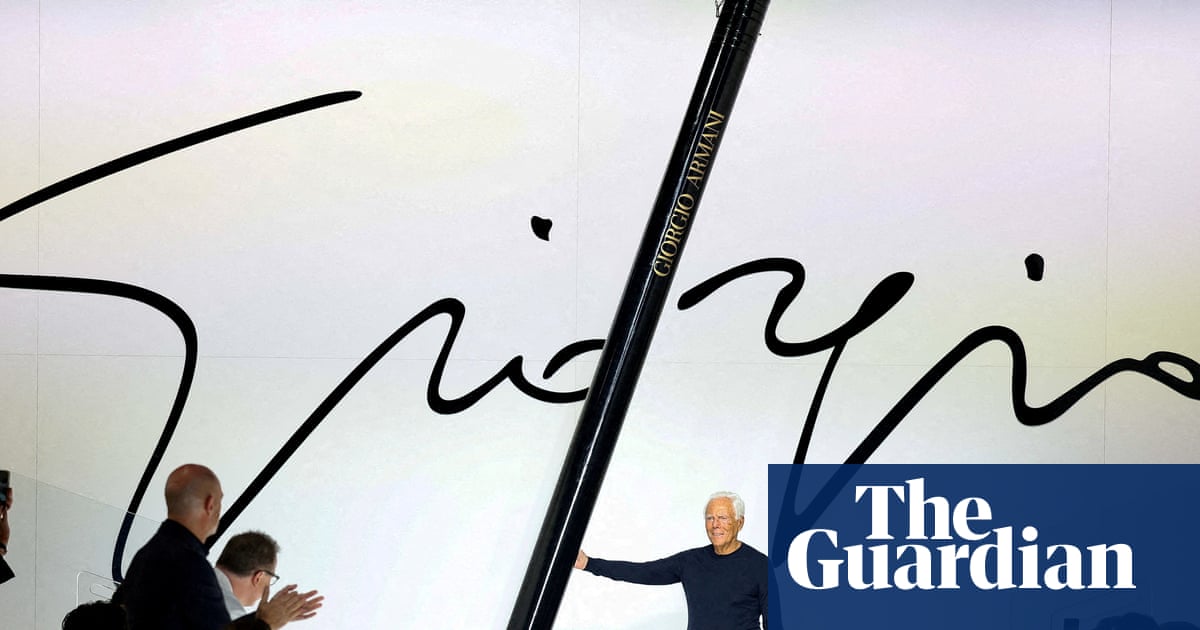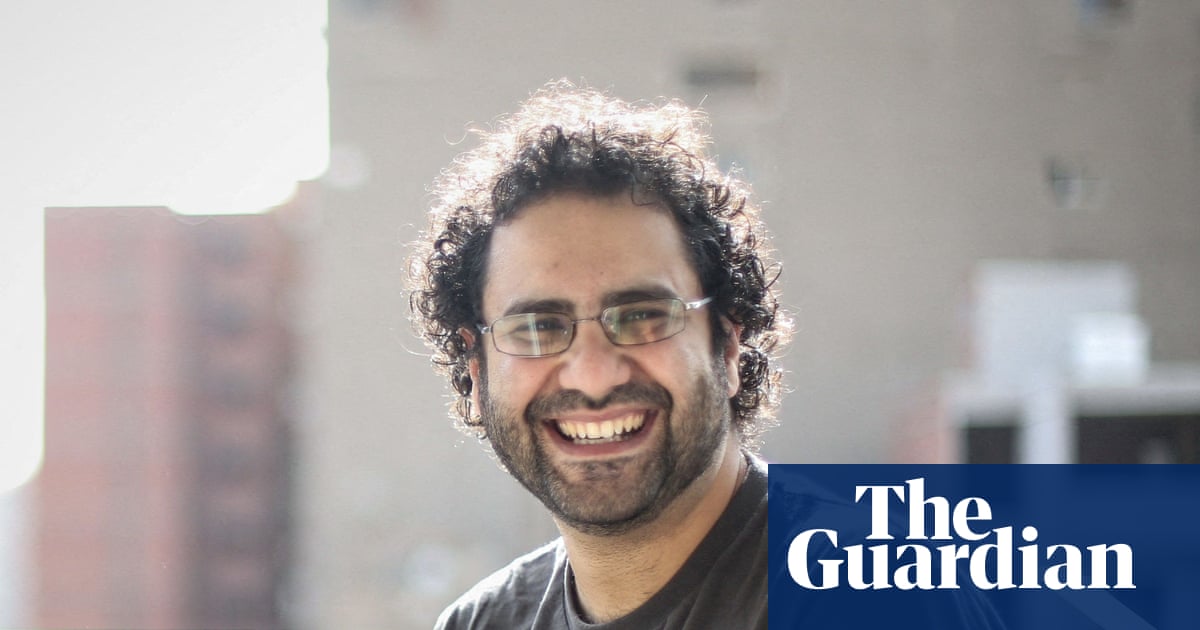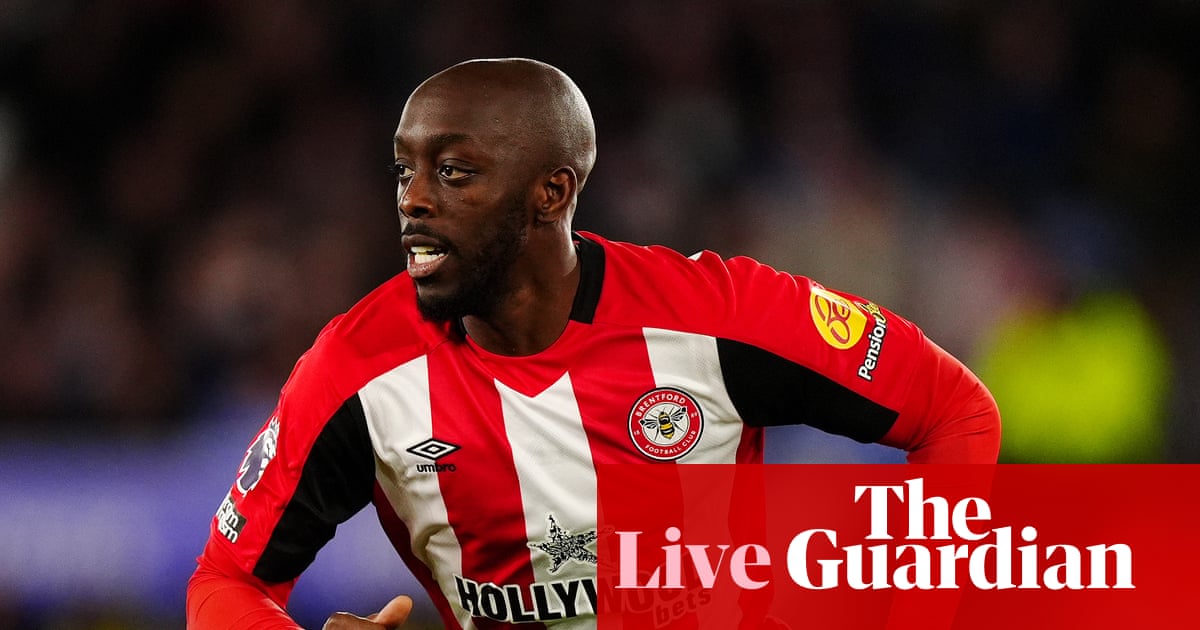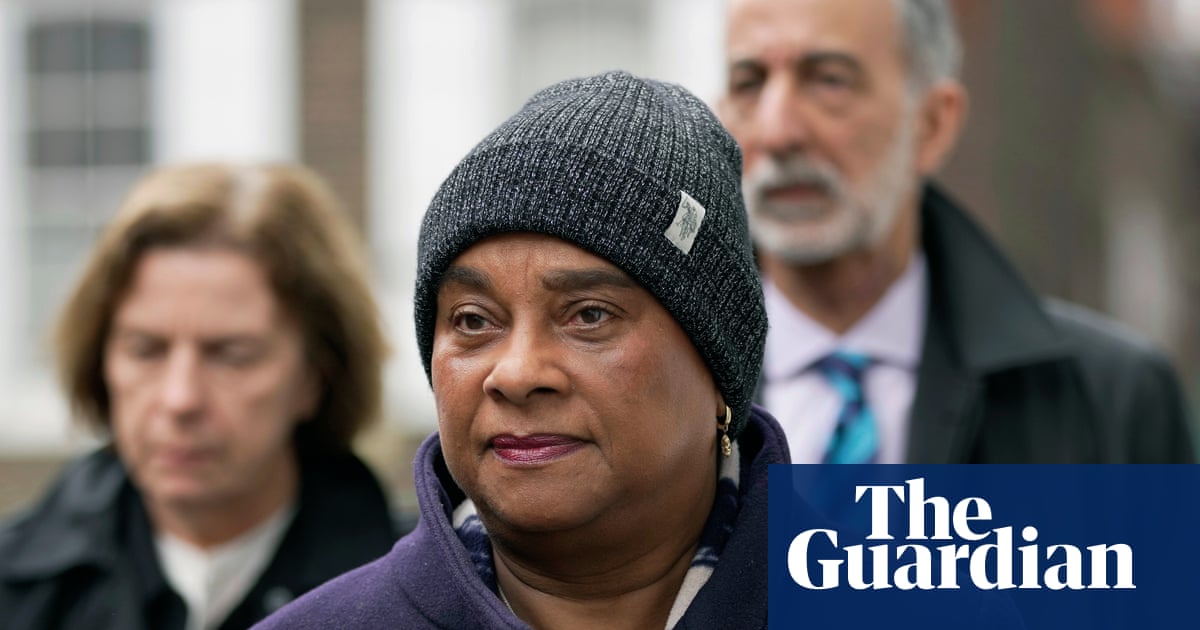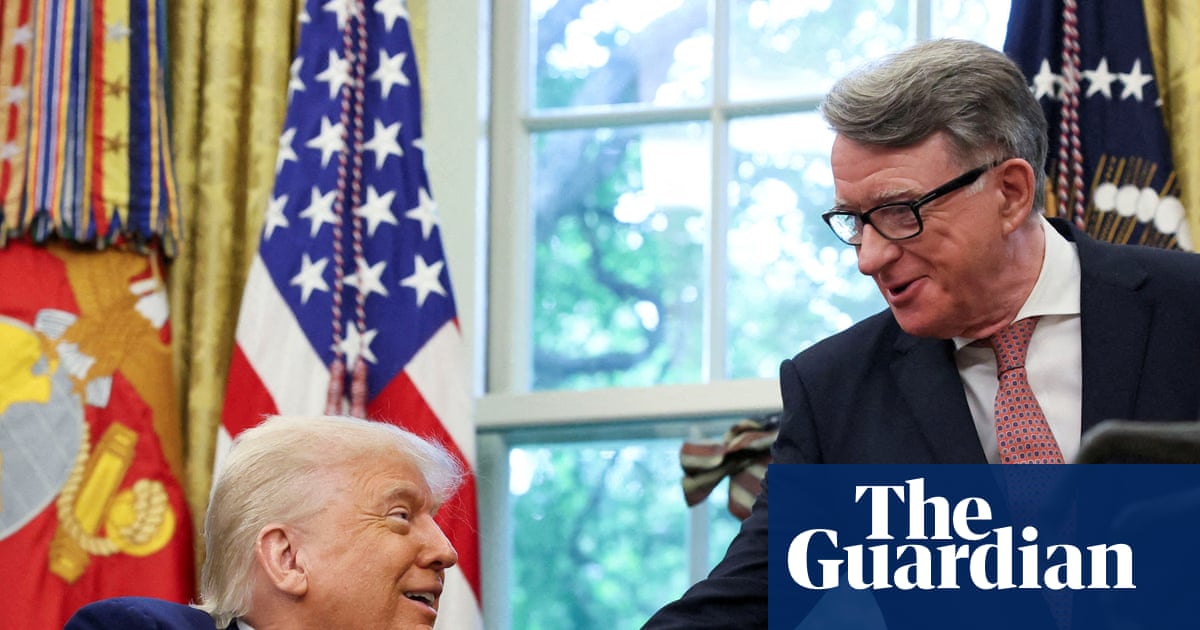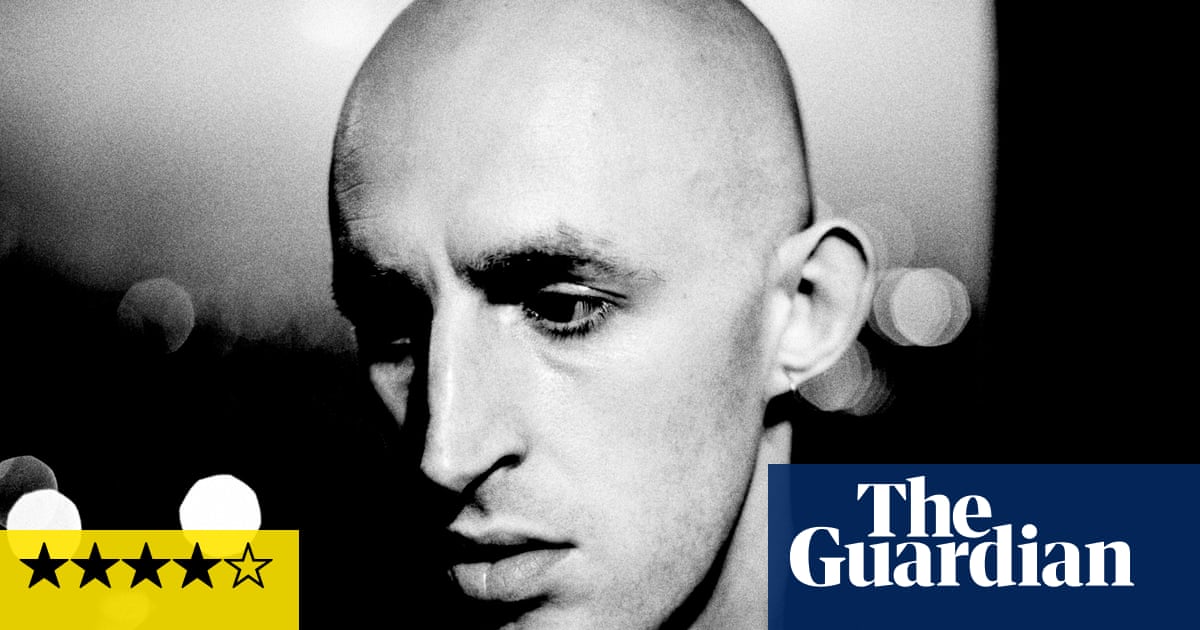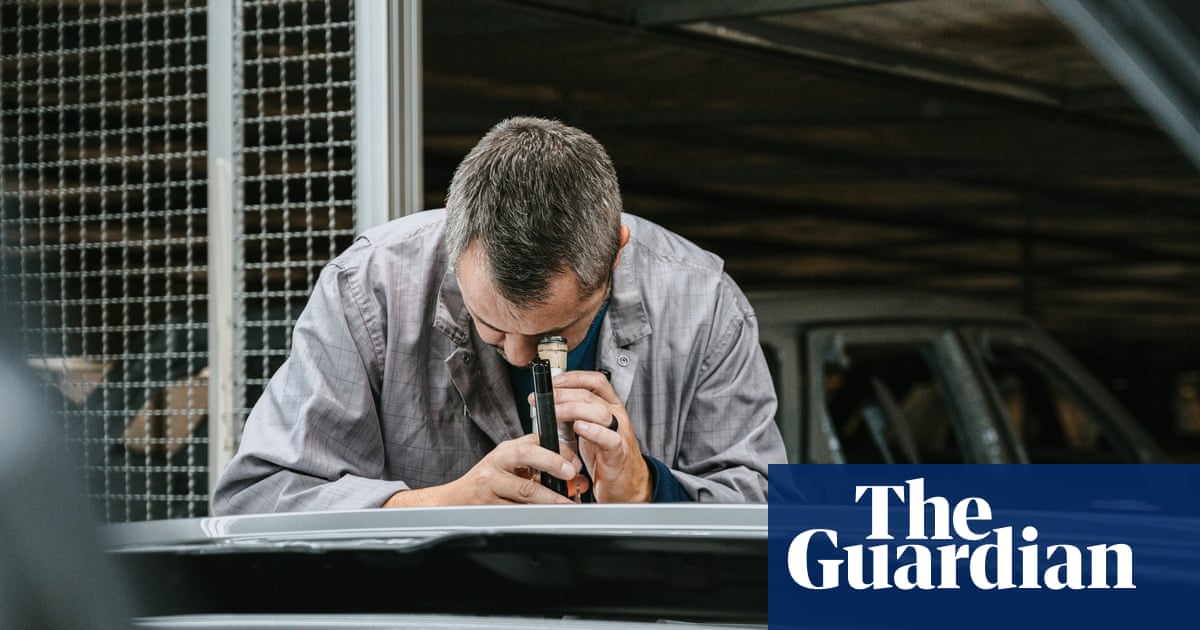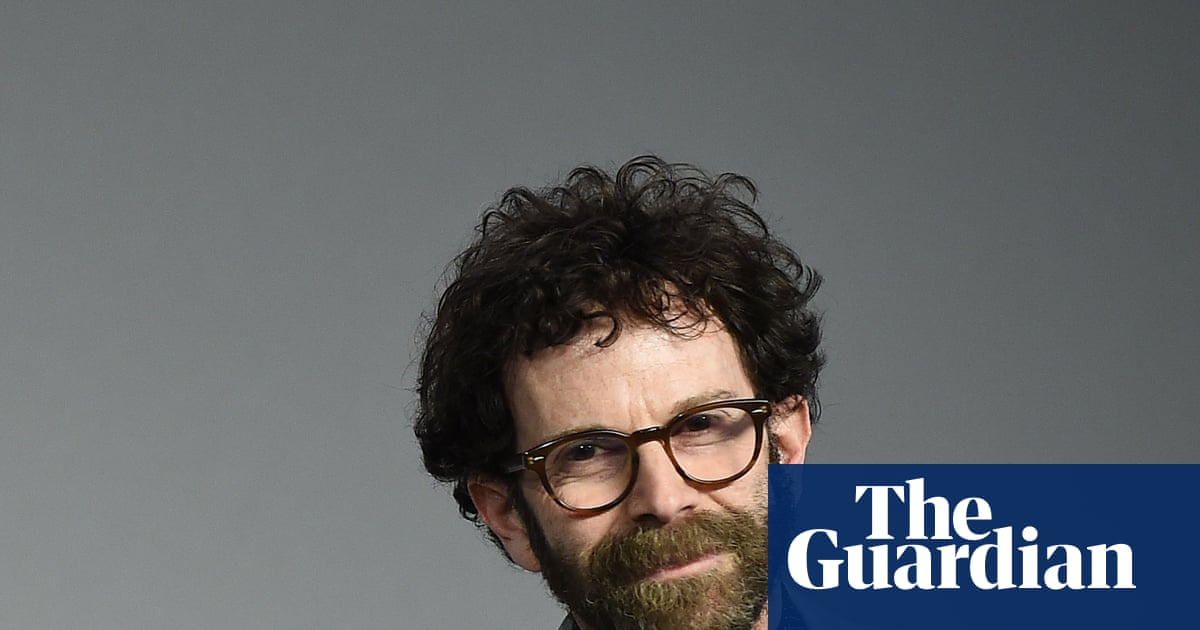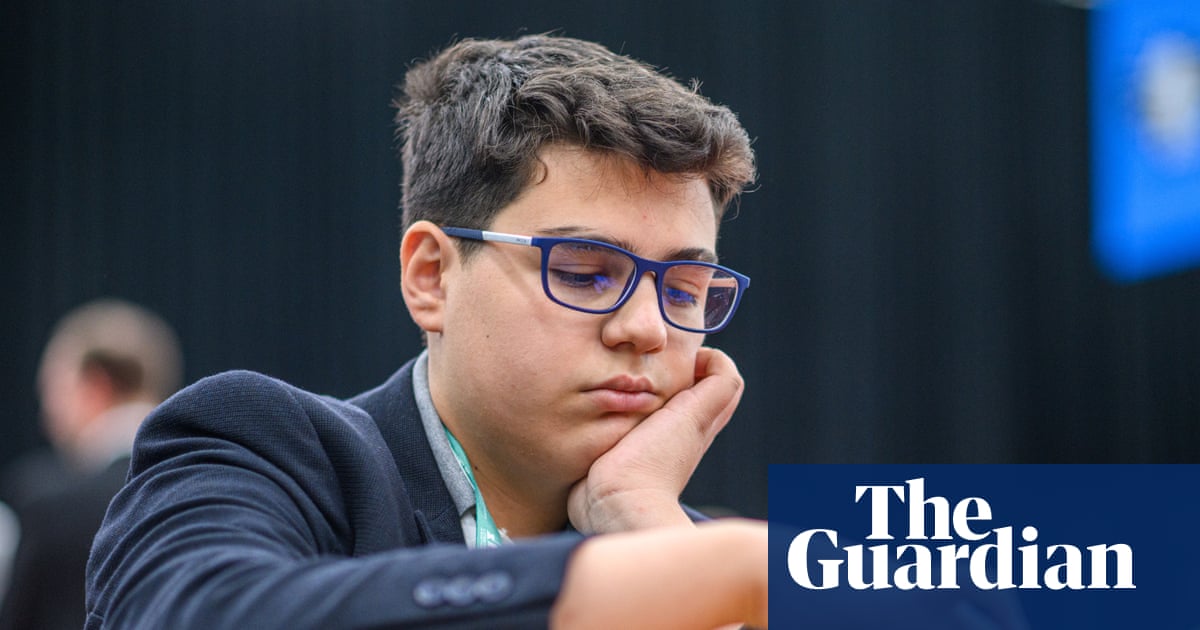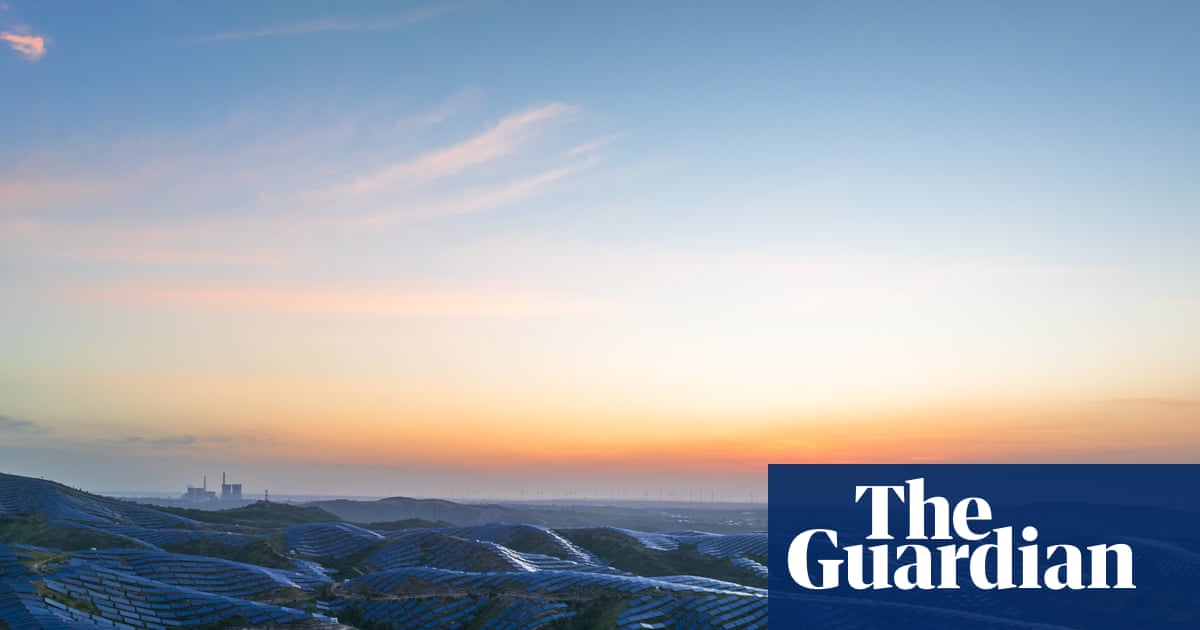The new president of Somaliland says his state, which broke away from Somalia in 1991, is on the brink of securing international recognition – a development that would inflame tensions in the already tumultuous Horn of Africa.
In an interview in the presidential palace in the capital, Hargeisa, Abdirahman Mohamed Abdullahi tells the Guardian it is “likely” that Somaliland will finally win acceptance of its right to self-determination, which has eluded the territory since it declared independence from Somalia 34 years ago.
“Recognition is on the horizon,” says the 69-year-old.
Such a move would infuriate Somalia, which would view it as an attack on its sovereignty, unsettle regional powers in the strategic peninsula and fan broader concern that it sets a precedent for secessionist movements across the African continent.
Despite its relative stability and regular democratic elections, Somaliland, a territory of about five million people, has yet to be recognised as independent by a single nation.
“It’s a matter of time. Not if, but when and who will lead the recognition of Somaliland,” says Abdullahi.

That goal, say Somaliland sources, has never been closer amid signs that the US president, Donald Trump, could be the first leader to recognise the self-declared republic in return for building a military base near the port of Berbera, a strategic location on the Gulf of Aden.
Abdullahi revealed that US military officials, including the Horn of Africa’s most senior officer, have recently visited Hargeisa. Another Washington delegation is expected to “evaluate the asset [Berbera]”.
A key US military base, Camp Lemonnier, is located in neighbouring Djibouti but concern is growing over Chinese influence there as Beijing continues to strengthen its ties with Africa.
Project 2025, the alleged blueprint for the second Trump presidency, proposes the recognition of Somaliland as a “hedge against the US’s deteriorating position in Djibouti”.
Somaliland and the Horn of Africa
ShowWhere is it?
Africa’s easternmost point, the 2m sq km (770,000 sq miles) of the Horn of Africa peninsula takes in Somalia, Somaliland, Djibouti, Eritrea and the region’s powerhouse, Ethiopia.
Why is it considered volatile?
It is one of the world’s most unstable regions, riven by lengthy, interlinked conflicts. The Islamist militant group al-Shabaab is gaining ground in Somalia, while Ethiopia is recovering from a damaging war in Tigray with another rebellion brewing in its Amhara region and has fragile relations with Eritrea.
The Republic of Somaliland is a de facto – unrecognised – but relatively stable state despite fraught relations with Somalia, which refuses to discuss its independence, seeing the breakaway state as a threat to Somali unity. Somaliland is also in a border dispute with Puntland, which declared itself an autonomous region of Somalia in 1998.
Why is it strategically important?
The Horn is hugely strategic. With historically close links to Arab nations, and positioned at the Red Sea’s southern end, it borders the Gulf of Aden and the Indian Ocean – overlooking global trade routes connecting Asia and Europe. This brings geopolitical tensions with China, the US, Russia and now Turkey, all vying for influence.
What other pressures does the region face?
The peninsula is susceptible to extreme rainfall patterns, exacerbated by the climate crisis. Ethiopia and Somalia have endured long droughts, which have triggered humanitarian emergencies.
In April, US aircraft carriers off the coast of Somaliland played a part in US bombing raids on Yemen, responding to Houthi rebels’ disruption of Red Sea shipping lanes.
The US has yet to announce any formal arrangement with Somaliland, but Abdullahi said they were embedded in attempts to safeguard global maritime trade.
“We are a partner in security. We are a partner in counter-terrorism. We are a partner in safe marine routes for world trade,” says Abdullahi, who was sworn in as president five months ago. In that time, he says, the US ambassador to Somalia has visited him three times.
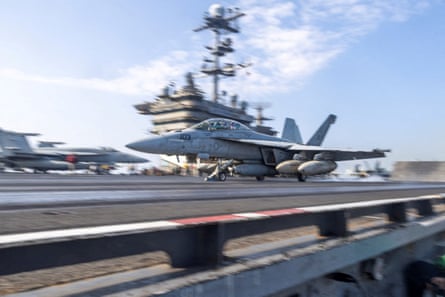
The Trump administration is split over its approach to Somalia, which still considers Somaliland part of its territory.
Recent gains by al- Shabaab Islamist militants have raised questions in the Trump administration over the worth of US counter-terrorism operations in Somalia. The withdrawal of US personnel and the closure of the US embassy in Mogadishu, the Somali capital, has been mooted..
Sources indicate that elements of the Trump team want to drop the US’s longstanding “one Somalia” policy. Ditching support for Somalia’s weak central government would pave the way to officially recognise Somaliland.
“The US and maybe other international partners will [soon] have to recalculate their policies regarding Somalia,” says Abdullahi.
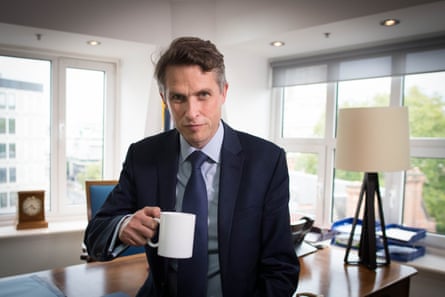
The former defence secretary, Gavin Williamson, a prominent advocate for recognition of the ex-British protectorate, believes a recalculation is very much under way.
Williamson, speaking to the Guardian earlier this month, said US officials had assured him that recognition for Somaliland would happen.
“I was talking to a few people this week and the thing I was getting from them is that it [recognition] is getting there. They’ve already started shifting away from the one Somalia policy.”
Williamson, like Abdullahi, believes recognition will happen by 2028 at the latest. He adds: “Before President Trump’s term ends, the US will have recognised Somaliland. My hope is that within a year we will have the first country within the United Nations to have recognised Somaliland.”
Bashe Omar, former representative of Somaliland to the United Arab Emirates (UAE), says US officials he met recently in Abu Dhabi were “frustrated” at the one-Somalia policy.
“What we are hearing, behind the scenes, is encouraging us. The US is moving in the right direction.”

Also waiting in the wings is the UAE, one of Trump’s closer allies, which has invested more than $442m to modernise Berbera’s port and a highway linking it to Ethiopia, a landlocked country that desperately wants maritime access.
after newsletter promotion
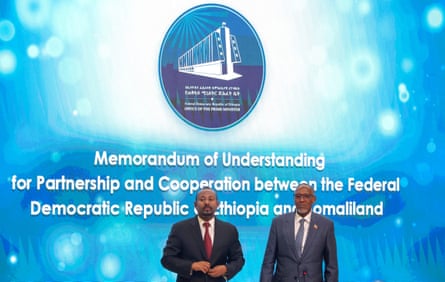
Ethiopia’s desire for access to the sea remains a key geopolitical theme of the region, prompting a bitter diplomatic dispute last year after the signing of a deal with Somaliland to build a port.
The deal was reportedly made on the condition that Addis Ababa would recognise Somaliland.
The development enraged Somalia, prompting fears of a wider regional conflict with Egypt backing Somalia largely over its anger with Ethiopia for building a dam on the Nile.
Officially, the US state department continues to assert that it “recognises the sovereignty and territorial integrity” of Somalia. A statement added that it was “not in discussions” with Somaliland to recognise it as a state.
Another factor remains, however farfetched it might seem, that could yet prove significant: the proposed resettlement of Palestinians from Gaza to the African breakaway state.
The Israeli prime minister, Benjamin Netanyahu, recently suggested that operations in Gaza would not end until the forced displacement of all its Palestinians had taken place.
Trump has talked of the US relocating Gaza’s population to allow the strip to be remodelled into the “Riviera of the Middle East”.
Aidrous Osman Hussain, deputy director of Somaliland’s refugee department, says Palestinians have considered Somaliland a destination since the second intifada.
“Palestinians have been moving here for a long time, since 2004, 2005. Somaliland welcomes all refugees.”

Currently there are 12 Palestinian families, but officials say they are happy for the numbers to grow.
“The people of Somaliland, the community of Hargeisa, wants to help refugees,” says Hussain.
Almost 23,000 refugees of different nationalities have moved to Somaliland with 2,875 arriving last year. More than 300 Sudanese families have arrived there since its brutal civil war began and Somaliland’s population of Syrians, who left during the civil war, numbers about 2,000 people.
One Syrian family, who fled fierce fighting Damascus in 2023, describes Hargeisa as perfect for Muslims; Syrian restaurants, supermarkets and dentists are dotted throughout the capital.
As he verified his family’s paperwork at the refugee processing facility in the Sha’ab area of Hargeisa, Hassan says: “Somalilanders are Muslim; here it is safe for us and our family.”
Hassan, who did not want to share his surname, adds: “The most important thing that mattered to me was security. Here, it’s a very open community and we integrate well.”
Yet to help further, Somaliland needs international recognition to access more help from the wider community.

Hussain adds: “If Somaliland gets recognition, we can help share the burden; we can help more people.
Abdullahi, flanked by nodding advisers, says the US is yet to officially float the prospect of resettling people from Gaza.
“We are a hospitable people. They, the Palestinians, are our brothers. If they decide to come on their own, we don’t mind.
“But there is no discussion on that issue with the Palestinians or with any other country.”

 3 months ago
116
3 months ago
116
